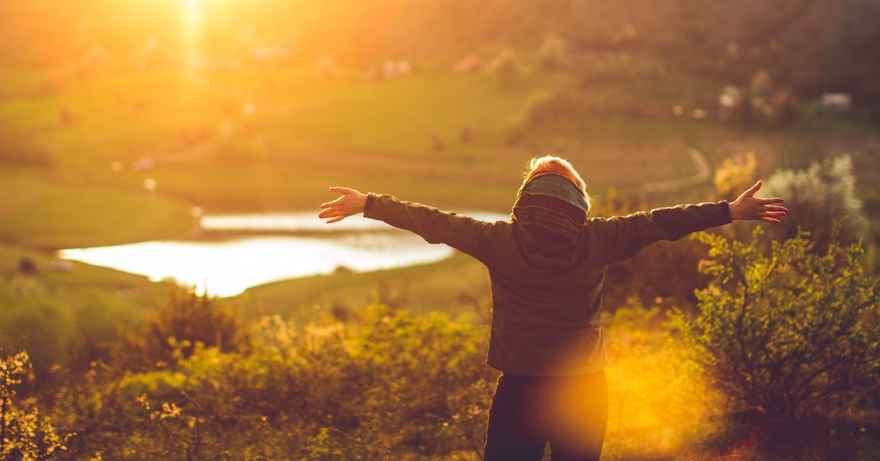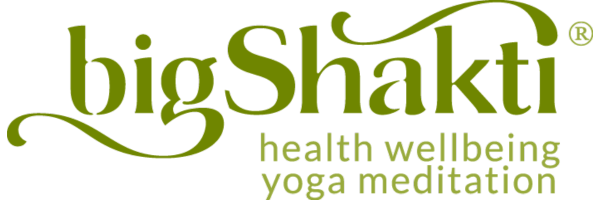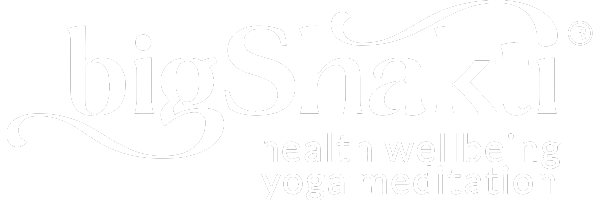Yoga of Mental Health Workshops → More Info
Practice Relaxation To Improve Every Part of Your Life

Relaxation is an intentional practice, an art, and a science. Archaeological research shows that Egyptian, Indian, Chinese, Jewish, and Arabic cultures cultivated breath and awareness techniques to induce deep states of relaxation, since 5000 BCE. These practices travelled great geographical and philosophical distances to arrive in the laps of Western thinkers and practitioners, and in the laboratories of medical researchers in the early 20th century.
Meditation: The Relaxation Pioneer
Of the many advocates who popularised intentional relaxation in the West, mind-body medicine pioneer Herbert Benson is the most prolific. He studied the mental and physiological patterns of Tibetan monks and Indian yogis in meditation and found decreased metabolism, breathing rate, heart rate, and blood pressure. Benson's research led him to teach his patients about the "relaxation response", which he describes as 'a physiological state opposite to stress.' Since then, thousands of research projects have identified intentional relaxation practices as vital to disease prevention and mental well-being.
Other studies show that with developed relaxation skills, athletes experience higher energy and peak performance, academics and professionals store and recall information more efficiently, and artists and entrepreneurs enjoy enhanced creativity.
You don't need scientific research to understand that energy levels, communication skills, memory, creativity, and sleep improve when you can relax. You also know that being unable to relax can be exhausting and that leisure activities and sleep do not guarantee a relaxed state of being.
Relaxation—the Foundation of Successful Meditation
Both beginner and advanced meditators often overlook relaxation techniques as the foundation of successful meditation practice. While meditation itself induces relaxation, ideally, you begin your practice in a relaxed state.
When you meditate from a relaxed baseline, you advance more rapidly into the state of meditation and experience the intended benefits of that meditation technique more directly. For example, if your purpose is to develop your vital energy (prana) for self-healing, prana techniques require you to direct your breath into specific parts of your body. Tension will block the flow of oxygen and energy into those areas and reduce the benefits of the practice. However, if you start prana meditations in a relaxed state, you will achieve the benefits more rapidly.
As for the desire to reach higher states of consciousness, which advanced meditators seek, stress and tension obstruct this possibility. If your body-mind is tense, you may become distracted, ungrounded, or lost in the escape experience, which is not ideal when seeking higher states of meditation. Relaxation and grounding support the attainment of higher meditative experience.
Spontaneous Relaxation versus Intentional Relaxation
Spontaneous relaxation is conditional; it relies on a relaxed environment or situation free of demands. Intentional relaxation is unconditional; you induce a relaxed state of body-mind at will. Dr. Swami Shankardev and I created the Relaxation-Meditation Course to teach the essential skills and knowledge of relaxation.
Relaxation-Meditation Online Course
Find out more: Relaxation Meditation Course
Categories
- Yoga Therapy (59)
- Meditation (33)
- Yoga Psychology (41)
- Consciousness (31)
- Everyday Wisdom (34)
- Yoga Nidra (14)
- Relaxation (26)
- Spirituality (26)
- Wisdom (6)
- Meditation Techniques (42)
- Prana - The subtle breath (16)
- Yoga Philosophy (27)
- Chakras (28)
- Yoga (15)
- Diseases (10)
- Yoga Meditation Research (5)
- Ayurveda (4)
- Third Eye - Ajna Chakra (7)
- Podcast (23)
- Articles by Jayne Stevenson (17)
- Articles by Swami Shankardev (25)
- Life Purpose (8)
- Yoga Tantra (20)
- Shadow Self (10)
- Symbols (3)
- Carl Jung (6)
- Mantras (19)
- e-mag (16)
- Mental Wellness (47)
- Stress Management (12)
- Emotion (3)
- Self-Awareness (1)
- Self-Regulation (2)
- Healing (3)
2025 Yoga of Mental Health Workshops
- Sāṁkhya Philosophy & Mental Health: A Yogic Path to Holistic Well-being
- Uncovering the Roots of Mental Illness: Insights from the Gita & Patanjali
- Restoring Self-Regulation: Yogic Techniques for Emotional Resilience & Inner Strength
- Mantra Therapy: Transforming Thought Patterns for Emotional Healing & Mental Wellbeing






